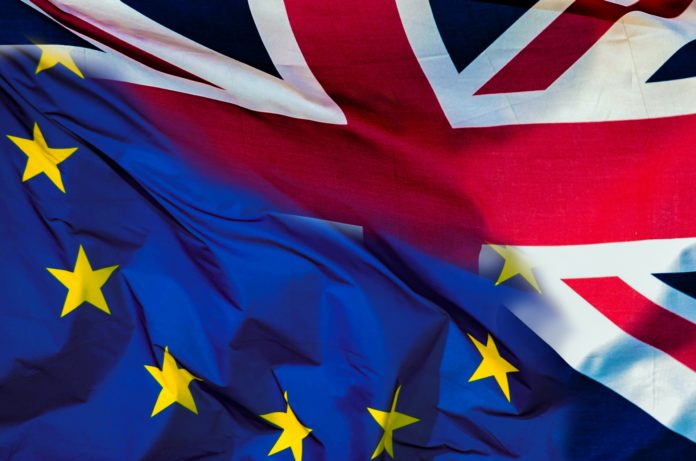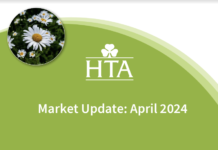Cian Hassett, Trade Market Executive, London Office, Bord Bia – The Irish Food Board
The EU27 have formally accepted a UK extension meaning the UK did not leave on the 31st of October. The new extension will now end on the 31st of January 2020. There will be a general election taking place on the 12th of December.
Bord Bia are still actively attending various conferences to keep up to date with any developments surrounding the continuity of trade with the UK. Bord Bia advises clients to continue their no-deal Brexit planning, as many of those plans will be applicable even in the case of the UK leaving with a deal.
Food Labelling Update
Bord Bia sat in on an FDF webinar recently on the aspect of food labelling post-Brexit. Some of the key points from the webinar were:
What does Brexit mean for food labeling?
- UK food labelling law currently relates to EU law. These regulations will carry over from the point of exit as agreed upon by the EU Withdrawal Act in 2018.
- The UK government, in theory, could introduce changes to these requirements. However, changes to most food labelling regulations after a new deal are unlikely.
Food Information for Consumers Regulation (EU FIC)
- Responsibility of information rests with Food Business Operator (FBO) under whose named food is marketed or imported into the EU. The name and address of FBO need to be included in the labelling of products going into the UK.
- The Country of Origin also needs to be included on the food labels as EU law requires mandatory labelling requirements for frozen beef, veal, pigs, sheep, goats and poultry honey, fruit and veg. fish and organic products.
- Certain products with Protected Geographical Identifications (PGI’s) will still need to be defined.
Products of Animal Origin
- The UK food standards agency have introduced labeling changes including health and identification marks.
- EU law does not allow to have two establishments on labelling e.g. EU and 3rd country.
- UK labeling will not be accepted in the EU as it is not identified as 2 digit country code. However, GB or UNITED KINGDOM labelling will be accepted.
Products of Plant Origin
- The majority of plant and plant products coming from the EU will continue to move freely in no-deal according to the Brexit readiness report.
Enforcement Requirements
- If the UK leaves in a no-deal scenario, labelling must adhere to EU labelling law.
- The FSAI stated that a UK address alone will not count on pre-packed food as the UK in no-deal will be 3rd country so an EU address must be included.
Tariff Quota Briefing from HMRC
In the no-deal tariff policy, the quotas for beef and poultry entering the UK will be on a first-come-first-served basis. HMRC outlined the process:
TQ Governance
- In the EU each individual TQ is governed by a European Commission or Council Regulation/Decision, which will specify the exact requirements and the opening quantity available under the TQ first come first served. These include the right classification of goods, maximum quantity allowed under the quota, limitations and more as stated by IMTA
- In the UK, the HMRC Customs Tariff Quota Unit (CTQU) administers the first come first served TQ system in the UK. It publishes and revises the details given about TQs in the tariff and informs the trade via updates to CHIEF among many other functions.
How the System works
- According to the HMRC, you need not claim a TQ when importing your goods. In particular, HMRC would suggest that you do not claim a TQ if there is a lower or the same rate of duty available under:
- other preference arrangements
- an import duty suspension
- If, however, you want to take advantage of the rate of duty available under the TQ, you must make a claim. HMRC will not give you the TQ relief automatically. You can also make a claim after your goods have been imported if the TQ is still available.
- In order to claim a TQ, it is advised that companies should follow the normal procedures for the entry of imported goods outlined under the UK Trade Tariff.
- Claims are not guaranteed to be accepted as the TQ could be exhausted. If they are accepted, HMRC aim to adjust any security provided or repay any duty overpaid within 30 working days.
Looking Ahead:
December 12th – General Election.
January 31st, 2020 – Current deadline for the UK to leave the EU.










